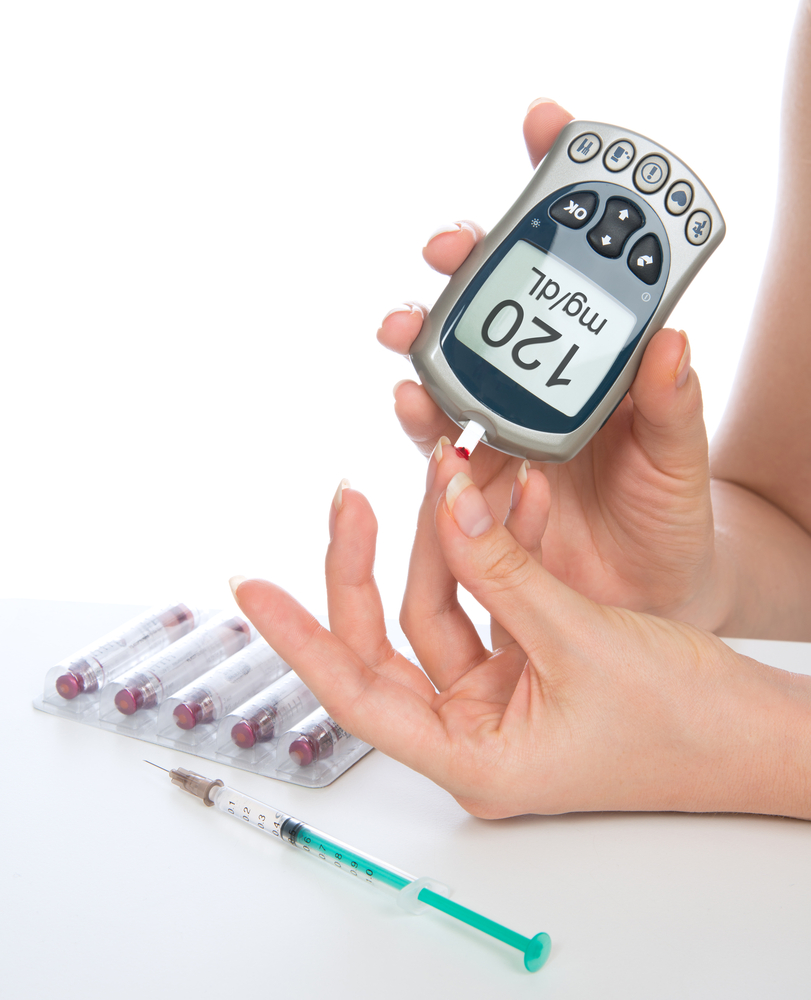As many of you well know, I work closely with a lot of folks in the long term care business. Insulin errors can be one of the scariest errors that can happen. Here’s a case scenario I don’t like seeing happen, but have unfortunately seen it a few times.
MD is a 63 year old morbidly obese female. She is receiving numerous medications including insulin. Her current insulin dosing is Lantus (glargine) 55 units in the morning and 50 units in the evening. She also receives scheduled Humalog (lispro) 20 units at each meal.
MD is due for her evening glargine dose. The nurse is going about her usual routine of medication administration, but has been getting frequently interrupted by other residents as well as a few phone outside phone calls.
She dials up the insulin to 50 units and prepares to administer the insulin. The nurse gives the insulin as she has done hundreds to thousands of times before. Something feels different. The nurse notices the color of the insulin pen and begins to feel the panic set in. She has just given her patient 50 units of rapid acting insulin (lispro).
Whether you are a pharmacist, physician, nurse or other healthcare professional, you may have seen this happen before or a similar situation. Insulin errors can and do happen and they are very scary due to the obvious risk for hypoglycemia. You must have the utmost care when using insulin. It is a high risk medication.
Enjoy the blog? You’ll love the 30 medication mistakes I see in my everyday practice as a clinical pharmacist. It’s a free resource simply for following the blog!
Eric Christianson, PharmD, BCPS, CGP



Insulin is really scary. We have had some near fatal errors with it in the past few years at our facility. I would love to hear your thoughts on the increasing availability other strengths of insulin. So far I have seen U500, U200, and U300.
Yeah, all those different strengths are scary…set up numerous safeguards!!!
Seems like these pens should be different shapes as well as colors. The tactile difference may cue better for some than color alone.
That’s a cool idea, make them square, or triangular or something?! Might be on to something there…
Thanks for sharing this with us.
Are there any reasons for given Insulin Glargine twice daily? Is it only because she would required a high dose if it was given only at night?
You might see it in patients on very high doses, another case I’ve seen it split is in patients with very brittle diabetes (patients who can go really high or really low quickly)
Hi medial community. I have a scenario and hopefully someone has an answer. An older patient with renal issues and low potassium is given insulin and a sugar substance called D50. This is done, I am told, as a method of raising the persons low potassium potassium level. The patient’s blood sugars, because of the D50, jumps into the 300s and over the course of a few hours, because of the insulin, drops back to regular. It then continues to drop to a low 38, wherein the patient is given another dose of D50. This turns out to be a cycle. The blood sugars keep dropping and another D50 is given. My theory is that because of the patient’s renal issues, the kidneys are not able to filter out the administered insulin. It stays in the patient’s system causing D50 to be used over and over to correct for her continual drop in blood sugars. If this theory is correct, how is the patient’s kidneys filtering his/her naturally occurring insulin then and if it is not the kidneys inability to filter out the administered insulin, what would cause a patient’s blood sugars to continually keep dropping into a dangerously low level despite attempts to counter it with D50?